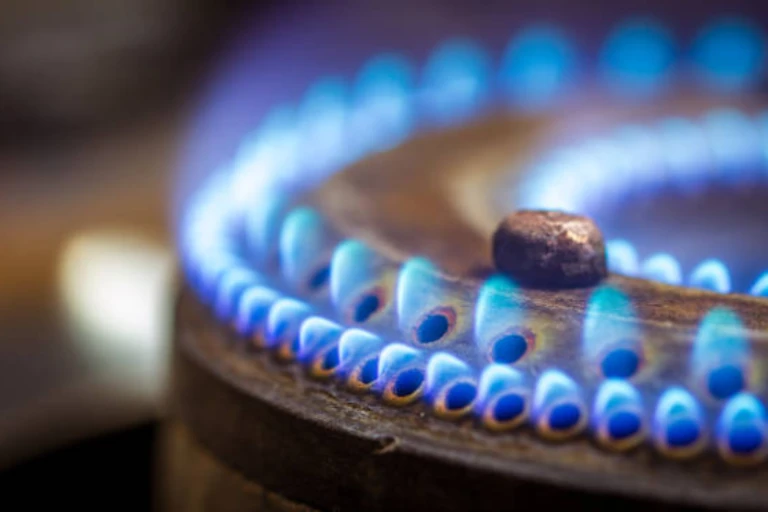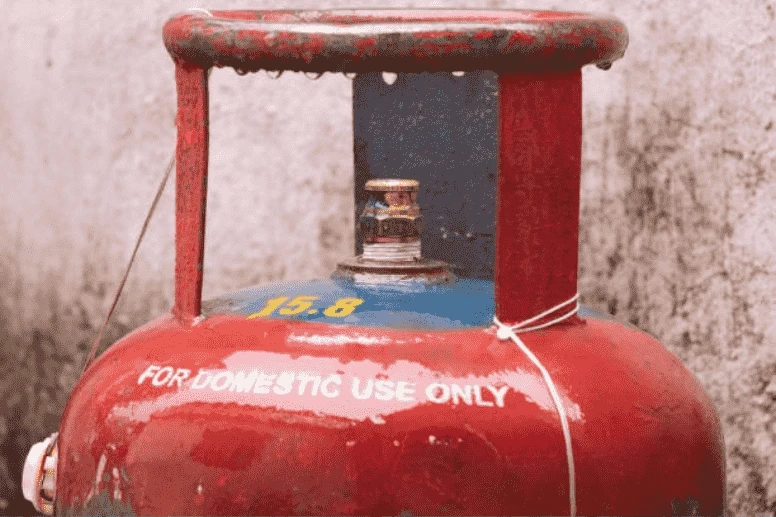Energy distribution centers safety above all. We use gas daily in our kitchens, in factories, or at offices. But handling gas safely is critical. Strict safety rules are followed to make sure gas stays safe. Your safety matters the most. We know gas safety standards are tricky but vital for everyone\'s safety. Let\'s dive deep into gas safety standards and how LPG Gas Agencies like Indane, Bharat & Shiv Gas ensure safety.

LPG, short for liquefied petroleum gas, is a flexible fuel type. It\'s mainly propane, butane, or both. LPG is a flammable gas. When pressurized, it turns into liquid. That makes it easier to store and transport.
It heats our homes, it helps us cook, and it runs our hot water systems. Some cars and trucks even use it instead of gasoline or diesel. It comes from the processing of natural gas and refining of petroleum. It is separated from natural gas or from crude oil through distillation.
We first split, then squeeze LPG. This makes it smaller, so storing it in tanks or bottles is simple. Because it\'s so packed with energy, it\'s a smart pick for fuel. It doesn\'t make as much pollution as most other fossil fuels when we burn it - it\'s a clean option. So, it\'s popular in houses and companies alike.
Why do people use LPG widely?
LPG has many perks. It can be used in many ways, it\'s clean, and saves energy. It\'s easy to use, reliable, available worldwide, and safe. People looking for strong, useful energy options find LPG a good fit across various sectors.
Picture LPG as a jack-of-all-trades.
We can use it to cook, warm our homes, and even power cars. It\'s great at work, home, and in remote areas without other energy sources. Unlike dirty fuels like coal or diesel, it\'s clean! It releases fewer bad things like sulfur and particles into our environment. This makes it great for indoor use.
Efficiency
It can burn up to give more heat and save up on costs effectively, thanks to its high energy content.
Convenient
It\'s a cakewalk to store and move in its liquid state, especially where there\'s no pipeline for natural gas. It can live in compact cylinders or large tanks, offering a handy, dependable energy source anytime you need.
Trustworthy
This LPG energy source is trusty and stays put all year round. Power cut? No issue. This fuel isn\'t connected to electricity networks. It\'s always there when vital jobs-like cooking and keeping warm- need doing, any time, any day.
Availability
It\'s produced and distributed worldwide. So, no matter where you are, you can find LPG. It\'s even available in those out-of-the-way places where other fuels are hard to get.
Safe
LPG is safe when stored with care. It has a low combustion or explosion risk. High-tech safety features and an added scent for leak detection help make sure it\'s handled safely for us and our surroundings.
Understanding the Gas Safety Standards
Gas safety rules matter. They keep people healthy and safe, stop buildings from getting damaged, protect the environment, make people trust gas more, help companies follow the rules, boost trade worldwide, and inspire fresh ideas. By laying down what you need to do with gas, these rules make a gas system that\'s safer, more reliable, and better for the world we live in.
Keeping People and Property Safe: Gas safety rules keep everyone safer. They lower the risk of accidents, injuries, and death linked to using gas.These guidelines teach us how to manage, keep, and distribute gas without danger.
Helping Earth: Steps to handle gas safely even boost our world\'s health by cutting down harmful emissions from burning gas. They support better fuels and breakthroughs that trim down both air and water pollution. This aids in living a more green life.
Making Customers Happy: Gas safety rules also give customers peace of mind. They know the products they use are safe and good. By following these rules, gas suppliers, manufacturers, and services build customer trust, loyalty, and satisfaction.
Making Sure Rules are Followed: Gas safety rules also make it easier for businesses and people to know and follow the law. They make rules that everyone can follow to stay legal and meet government standards.
Making trade easier: Gas rules that stay the same across regions make global trade smoother. These rules ensure quality that works anywhere. This moves gas-related products and services between places and markets.
Pushing new tech: Finally, gas safety rules aim for better technology. They create targets for safer, more efficient, eco-friendly gas tech. By following these safety rules, we promote relentless innovation and build more research and development.t.
How to Ensure Safety?
Playing it safe with gas calls for mixing caution with constant upkeep and following safety rules. This focus on safety makes everything safer for all those involved. It also makes people trust the soundness and honesty of the gas agency.
Installation: Always get gas devices, pipes, and tanks set up right by experts. Stick to the maker\'s guide and local regulations to make sure you have good airflow and safety.
Maintenance: Always book regular checks and service for your gas gear. This helps you solve problems fast. It includes looking out for leaks, making sure your airflow is good, and regularly cleaning or swapping filters and parts.
Detecting Gas Leaks: Learn how to spot a gas leak. Including gas smell, hissing noise, or dying plants near pipes. Fit gas alarms where you use gas to warn you about leaks.
Availability of Fresh Air: Always keep areas ventilated where gas appliances are set up to stop gas fumes from building up. Keep vents free and open for proper fresh air and gas escape.
Storage: Always keep gas tanks in aired places outside, far from heat and anything that could catch fire. Keep cylinders upright so they don\'t topple over or get damaged.
Handling with Care: Carefully handle gas cylinders and gear. Avoid dropping or pulling them. Always use safety gear like gloves and goggles for handling gas cylinders or doing service tasks.
Dealing with Emergencies: Make a plan for emergencies like a gas leak or other gas accidents. Learn how to turn off the gas at the main and when to leave the building. Keep the numbers of emergency services at hand.
Learning and Training: Always teach those using gas kit like homeowners, workers, and contractors. Make sure they get safety steps, proper kit to use, and how to react in emergencies.
Abiding Laws: Always keep up with local and worldwide laws for gas safety. Make sure your gas activities and gear are in compliance with legal rules and industry standards.
Inspections: Always check your gas appliances, pipes, and storage places to diagnose and solve possible hazards or safety problems. Use expert professionals to carry out full inspections and required servicing.
Read also: Gas Agency: Ensuring Safe and Reliable Energy Supply
In Conclusion
So, wrapping it up, rules around gas agency safety matter a lot. They build a shield between us and potentially harmful situations. These rules bring safety whenever we utilize, stash, or shuttle gas. Plus, they\'re pretty good at minimizing accidents, hurt folks, and damaged stuff through gas hiccups.
They cover basics, like how to install gas systems safely, what safety devices are needed, the right way to set up vents, and what to do in an emergency. Also, they protect everyone involved in getting gas from its source right to the user\'s hands.
Everyone in this chain must obey these rules to create a safe setting for all. By doing so, gas-linked mess-ups can be avoided and gas stays a dependable and green energy source for homes, firms, and factories.



